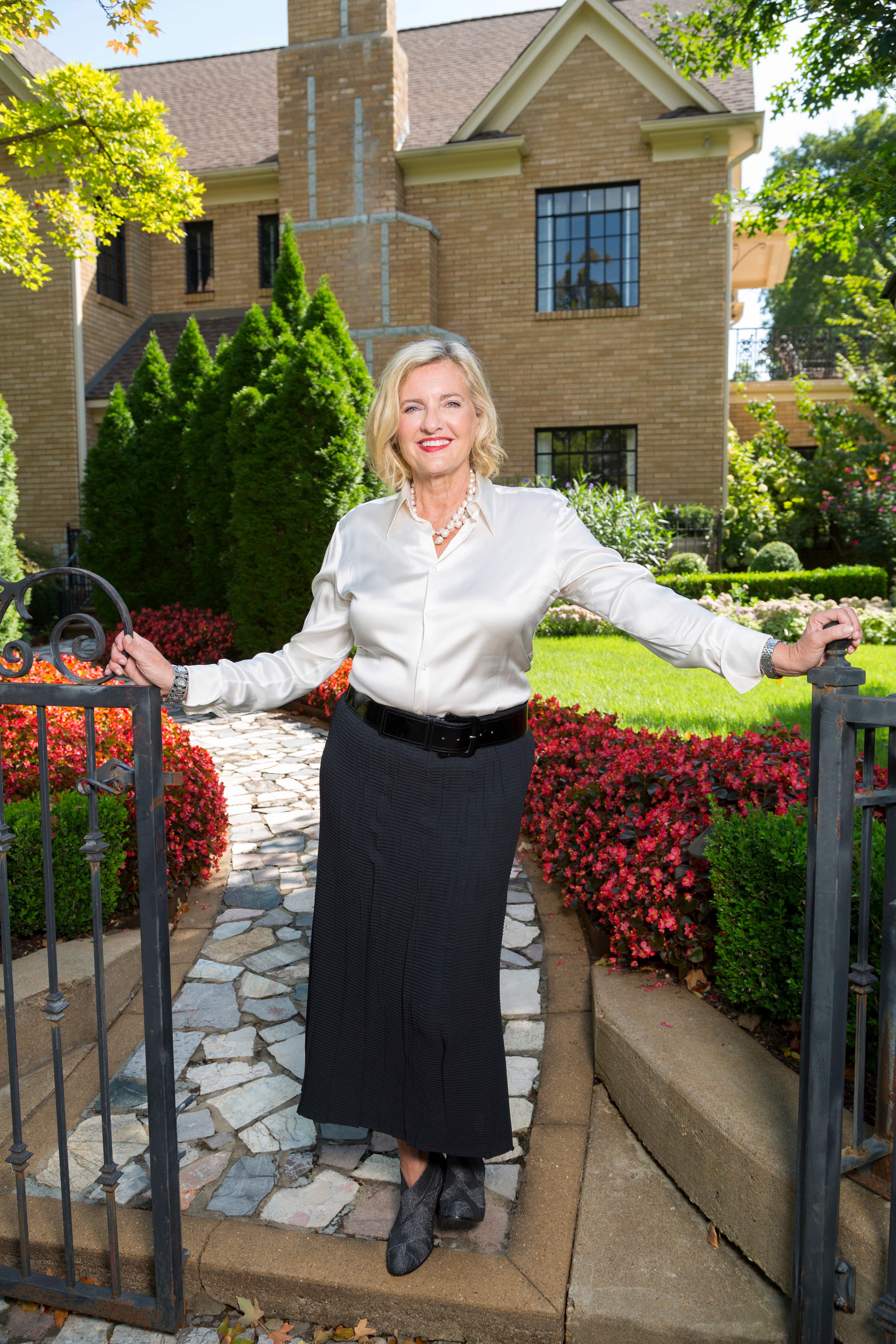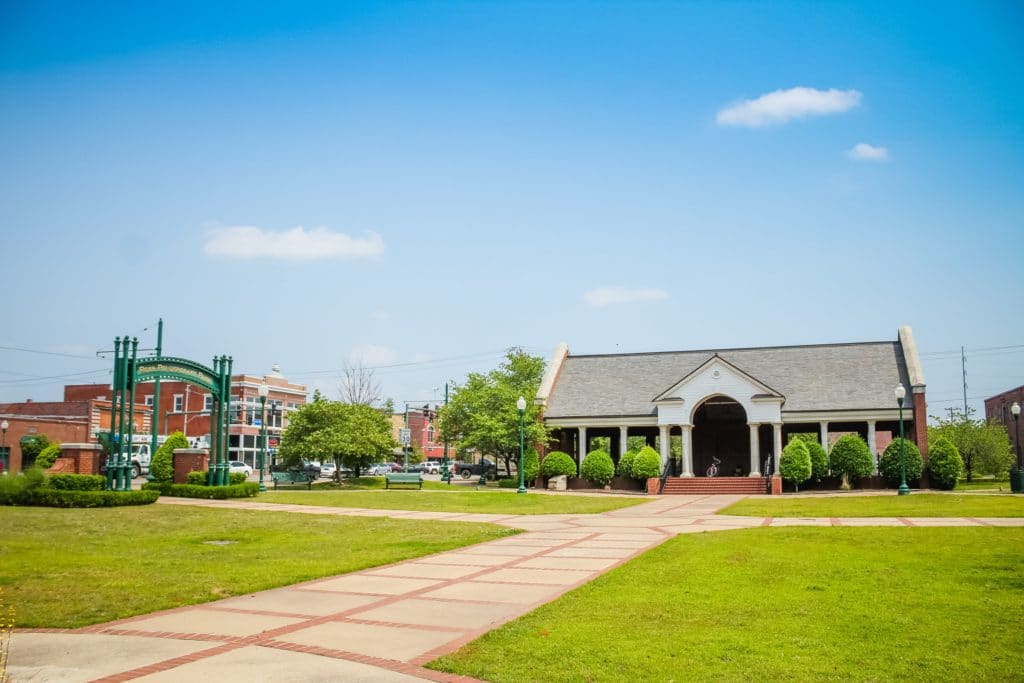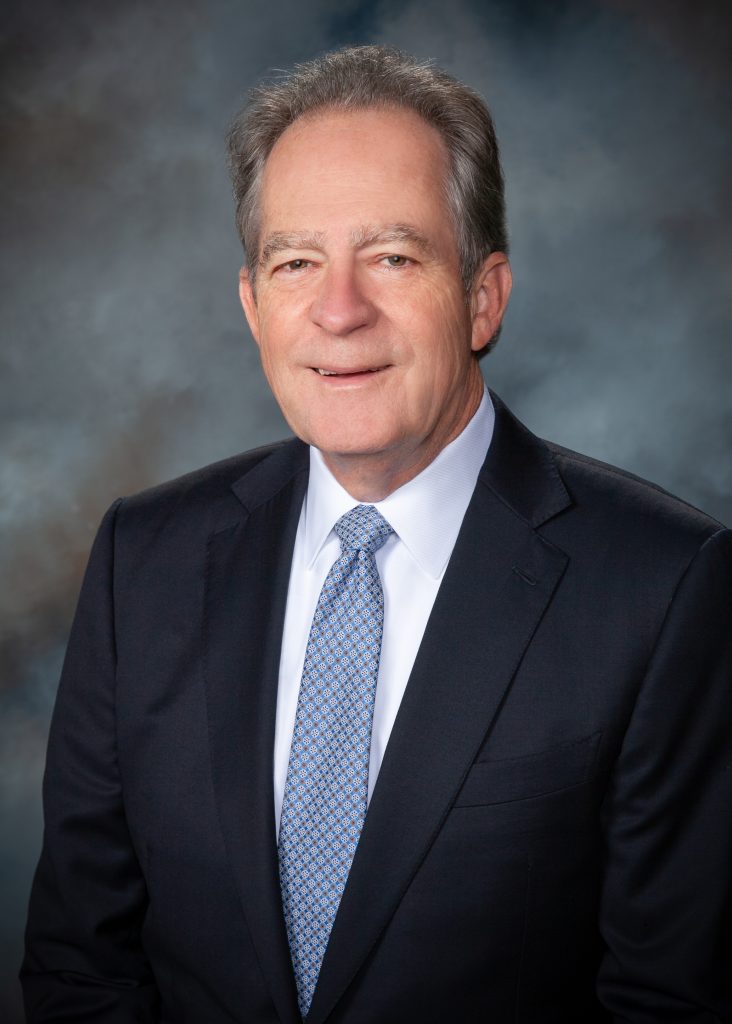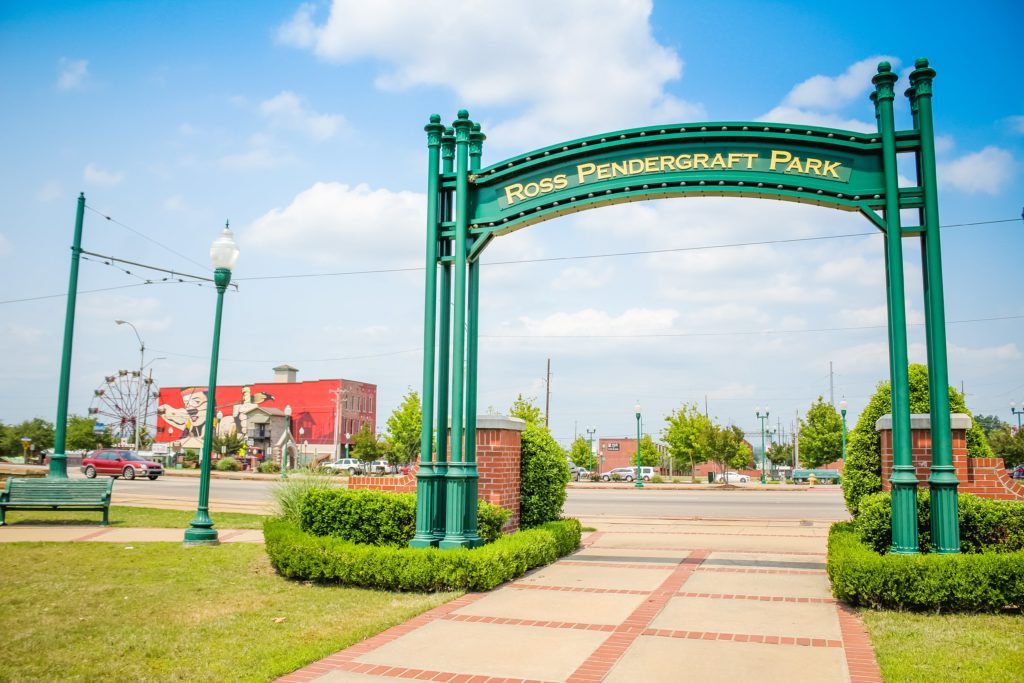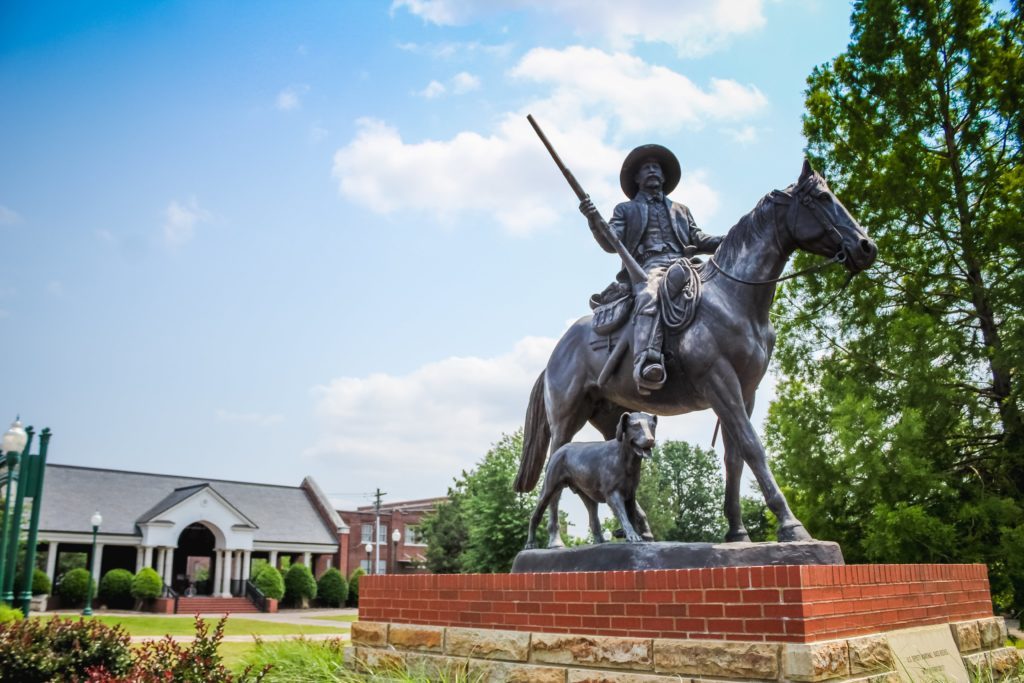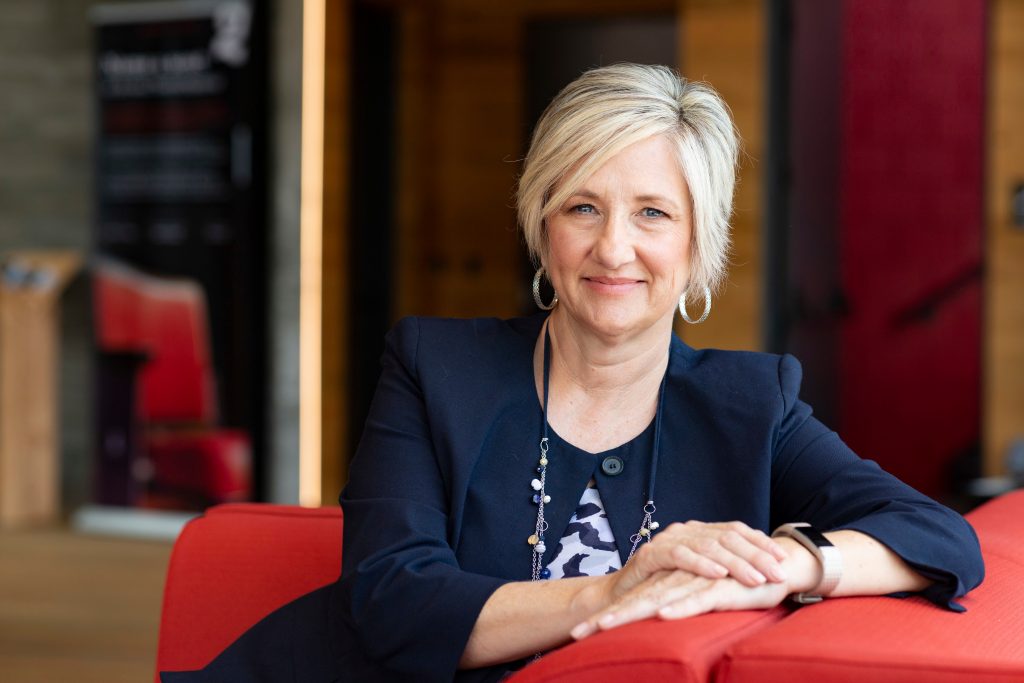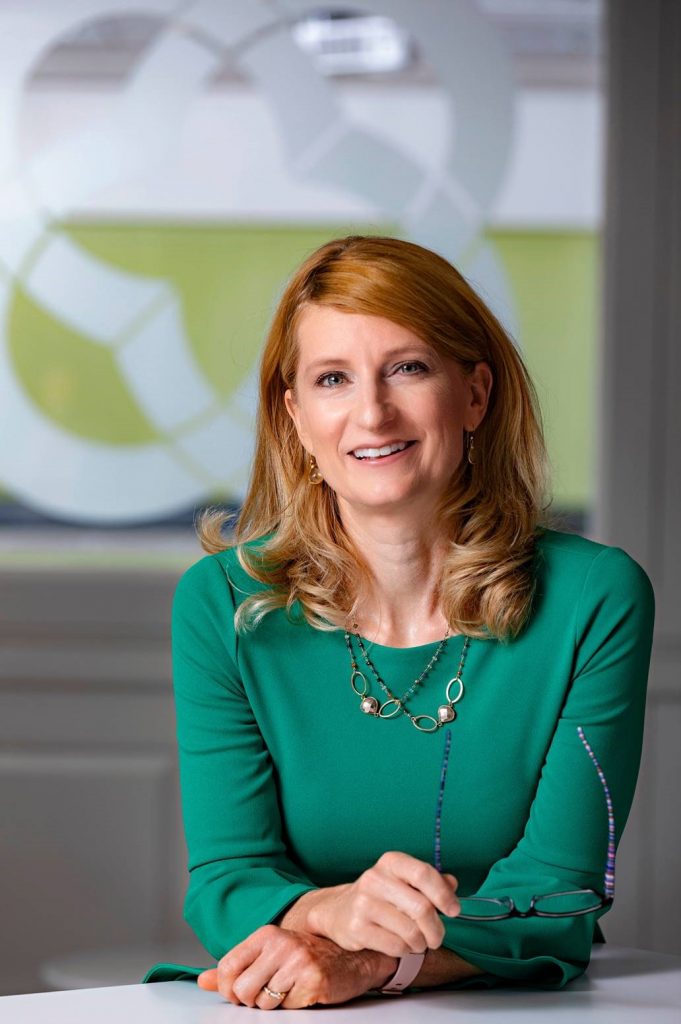Little Rock, Ark. (April 15, 2021) – Arkansas Community Foundation and the Arkansas Black Philanthropy Collaborative announce the availability of grants from the Building Black Communities Fund to benefit Black-led and Black-serving nonprofit organizations. Applications open today for grants of up to $25,000 each to support programs and initiatives specifically designed to impact Black people and communities in the Little Rock metropolitan statistical area, which includes Pulaski, Saline, Perry, Grant, Faulkner and Lonoke Counties.
“Our experience shows us that diverse, inclusive and equitable communities are stronger and more resilient. In the midst of the recent dialogue around the inequities facing Black communities, the Community Foundation recognizes the need for action,” said Heather Larkin, President and CEO of Arkansas Community Foundation. “Facebook, Inc. has provided the funding, the Foundation is providing the infrastructure to make the grants, and Black leaders in Central Arkansas are guiding the grantmaking strategy for the Building Black Communities Fund.”
Arkansas Community Foundation is one of 20 community foundations in the United States selected to receive funding from Facebook, Inc. to manage grantmaking to support Black communities and Black-led nonprofits. This commitment is part of Facebook’s broader $1.1 billion investment in Black and diverse suppliers, creators and communities in the U.S.
“There is an alarming funding gap for Black-led organizations which
often adds to the continued compounding equity issues in the communities they
serve. Our hope is the Building Black Communities Fund grants will bring
empowerment and revitalization to Black-led organizations as well to minority
and underserved communities. The Arkansas Black Philanthropy Collaborative
hopes that the funding seeded through the help of Facebook and Arkansas
Community Foundation will empower Black-led organizations to amplify their
voice in the giving space.” said Derek Lewis of the Black Philanthropy
Collaborative.
Applications details are available at the
Foundation’s website, www.arcf.org/bbcf. Applications are being accepted now
and the deadline for applying is 11:59 p.m. CST May
15, 2021.
“The Arkansas Black Philanthropy Collaborative encourages
any 501(c)(3) organization that is Black-led or Black-serving that serves the
Little Rock metropolitan statistical area to apply,” Lewis said. “Additionally,
applicants should be able to demonstrate established relationships and have a
good track record of working on activities that impact Black communities.”
Grant proposals of up to $25,000 from organizations holding 501(c)(3)
public charity status with the IRS will be evaluated based on a specific work plan, and only one proposal per organization
may be submitted. Applicant organizations must be Black-led or Black serving,
based on the following definitions:
- Black-led: 51% or more of the board and governing
body are Black.
- Black-serving: 75% or more of the population
served consists of Black individuals in majority communities of color.
Applicants must demonstrate established relationships and have a good track
record of working on activities that impact Black communities. Grantees must commit to:
- Provide a brief final grant narrative and financial report.
- Document funded efforts, including the use of
photography, video and in written form.
- Participate in grant status call, technical
assistance activities and/or a networking group of grant recipients.
- Expend all grant funds between July 1, 2021 and
June 30, 2022.
The
Building Black Communities Fund Committee members are:
- Kandice Bell, Office of the Governor Asa Hutchinson
- Joyvin Benton, Winthrop Rockefeller Institute
- Alyson Bradford, State Farm
- Tamika Edwards, Central Arkansas Water
- Charlotte Green, Arkansas Imagination Library
- Rev. Shantell Hill, Winthrop Rockefeller Foundation
- Derek Lewis II, Derek Lewis Foundation and Arkansas Black Philanthropy Collaborative
- Kendra Pruitt, Office of Mayor Frank Scott
- Charles Stewart, Arkansas Black Hall of Fame
- Kara Wilkins, Arkansas Black Philanthropy Collaborative
- Darrin Williams, Southern Bancorp
Arkansas
Community Foundation is a nonprofit organization that fosters smart giving to
improve communities. The Community Foundation offers tools to help Arkansans
protect, grow and direct their charitable dollars as they learn more about
community needs. By making grants and sharing knowledge, the Community
Foundation support charitable programs that work for Arkansas and partners to
create new initiatives that address the gaps.
Since 1976, the
Community Foundation has provided more than $314 million in grants and
partnered with thousands of Arkansans to help them improve our neighborhoods,
our towns and our entire state. Contributions to the
Community Foundation, its funds and any of its 29 affiliates are fully tax
deductible.
Arkansas
Black Philanthropy Collaborative (ABPC) is a coalition of black professionals
who have come together to co-develop a shared transformational plan that is
rooted in the aspirations, culture, and history of the African American
community in the state of
Arkansas
and southern region of the US. Its purpose is threefold: Develop a
comprehensive plan to support and enrich black communities through strategic
investments that are transparent, innovative, and indicative of the voices of
the community; Build capacity for black philanthropy professionals through
increased investments in training and educational opportunities and creating an
intentional pipeline for professional advancement; Serve as an intermediary to
identify potential funding opportunities for Black Led Organizations (BLOs) and
nonprofits serving black communities, provide strategic capacity and technical
assistance, and act as a liaison between nonprofits and local and national
funders.
###



